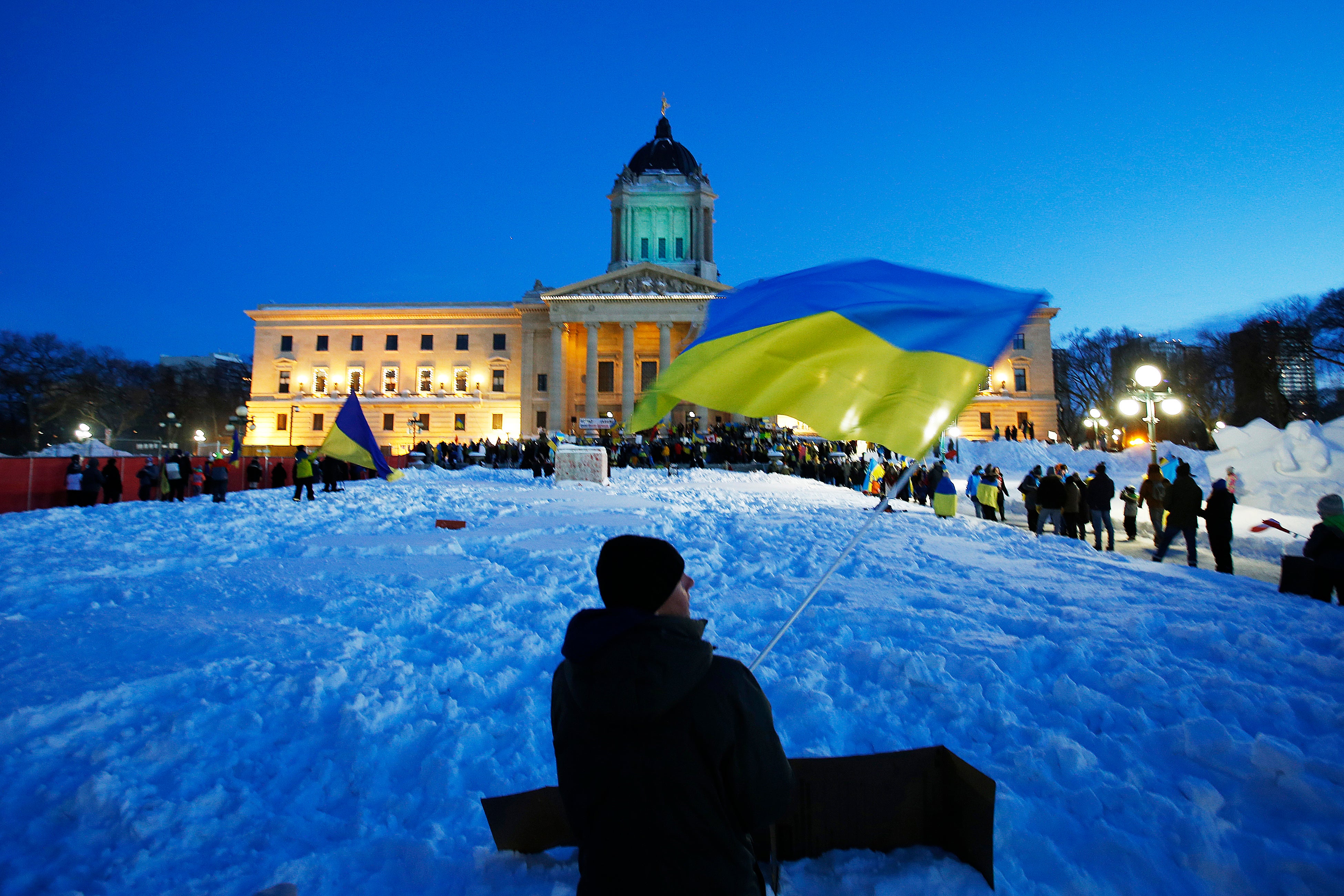Europe, Canada close their airspace to Russian airplanes
The number of countries banning Russian airplanes is growing

Your support helps us to tell the story
From reproductive rights to climate change to Big Tech, The Independent is on the ground when the story is developing. Whether it's investigating the financials of Elon Musk's pro-Trump PAC or producing our latest documentary, 'The A Word', which shines a light on the American women fighting for reproductive rights, we know how important it is to parse out the facts from the messaging.
At such a critical moment in US history, we need reporters on the ground. Your donation allows us to keep sending journalists to speak to both sides of the story.
The Independent is trusted by Americans across the entire political spectrum. And unlike many other quality news outlets, we choose not to lock Americans out of our reporting and analysis with paywalls. We believe quality journalism should be available to everyone, paid for by those who can afford it.
Your support makes all the difference.Europe and Canada said Sunday they would close their airspace to Russian airlines after Russia’s invasion of Ukraine, raising the pressure on the United States to do the same.
“We are shutting down the EU airspace for Russians,” said European Commission President Ursula von der Leyen.
Canada’s transport minister, Omar Alghabra, said his nation was closing its airspace to all Russian planes to hold the country accountable for an unprovoked attack on its neighbor.
The European Union action came after many of its member countries had said they were barring Russian planes or planned to do so by Sunday night.
Belgian Prime Minister Alexander De Croo tweeted that European skies are “open for those who connect people, not for those who seek to brutally aggress.”
“There is no room in Dutch airspace for a regime that applies unnecessary and brutal violence,” Mark Harbers, the Netherlands’ minister of infrastructure and waterworks, said on Twitter.
A handful of European nations including Spain, Greece and Turkey had resisted closing their airspace before von der Leyen's announcement.
Robert Mann, an aviation consultant in New York, said the moves by the European Union and Canada would put added pressure on the U.S. to also bar Russian flights.
“It is difficult to understand why we are last to move, both operationally and financially,” he said.
Russia has responded by banning flights from several European countries. Russian airline S7 suspended flights to Europe. On Sunday afternoon U.S. time, a Moscow-New York flight by Russian national carrier Aeroflot turned back after passing over Norway, according to flight-tracking services. The plane had been routed to fly over Canada.
Growing tension between Russia and western nations over Russia's invasion of Ukraine have so far had a modest impact on airlines, which are trying to recover from huge losses since the start of the COVID-19 pandemic.
Airlines in the U.S. and Europe are expecting to pack planes with transatlantic vacationers this summer. Helane Becker, an airline analyst for Cowen, said Friday that she continued to expect strong travel demand from the U.S. to western Europe, but travel to eastern Europe “will be curtailed until there is some resolution or some assurance it won’t spread to other countries.”
The global tension is already costing some airlines more money to reroute flights. An American Airlines flight from Delhi to New York has been stopping in Bangor, Maine, to refuel because its new route, skirting to the south of Russia, is longer.
Ian Petchenik, a spokesman for tracking service Flightradar 24, said “dozens” of cargo flights from Anchorage, Alaska, that would ordinarily pass over eastern Russia were being rerouted. “They will take a fuel penalty,” he said.
Mann, the aviation consultant, estimated that passenger flights forced to reroute could add between $4,000 and $12,000 per hour in costs, depending on the size of the plane and the price of fuel.
“Some routings will simply become uneconomic or impractical,” he said.
Cargo carrier FedEx said Sunday it has temporarily suspended flights to Russia. The company said in a statement that it continued to provide service inside Russia and between Russia and other countries "where conditions allow.”
Last week, shortly after Russia's invasion, Delta Air Lines suspended a partnership with Aeroflot in which the airlines sold seats on each other's flights.
___
Associated Press writer Lorne Cook in Brussels contributed to this report.